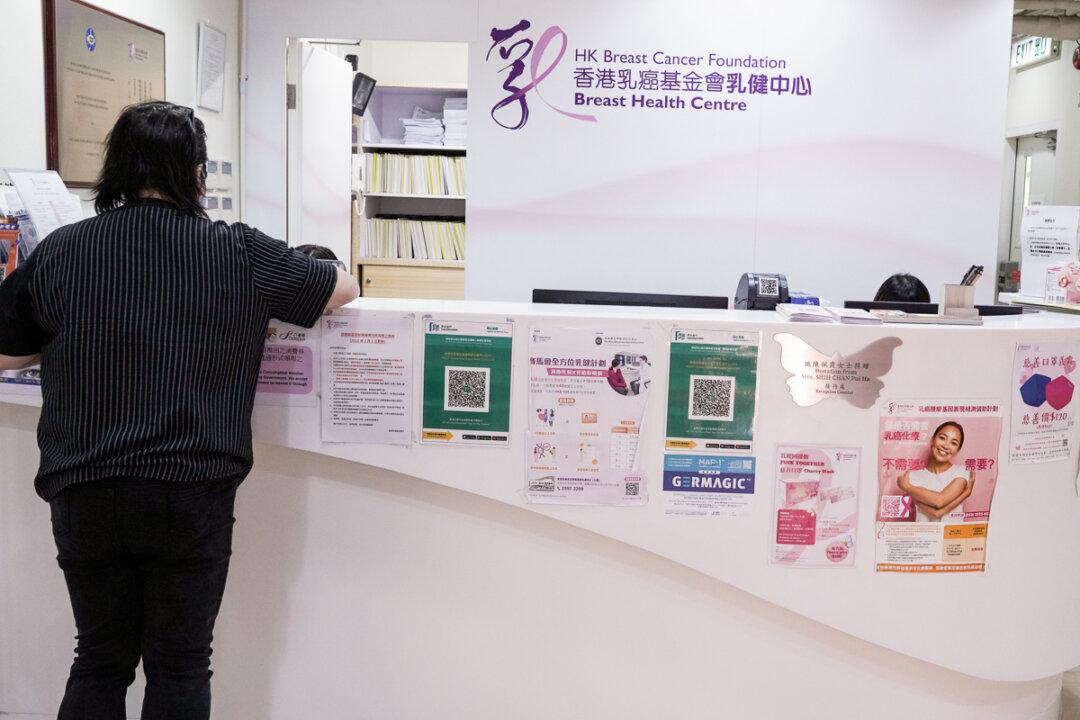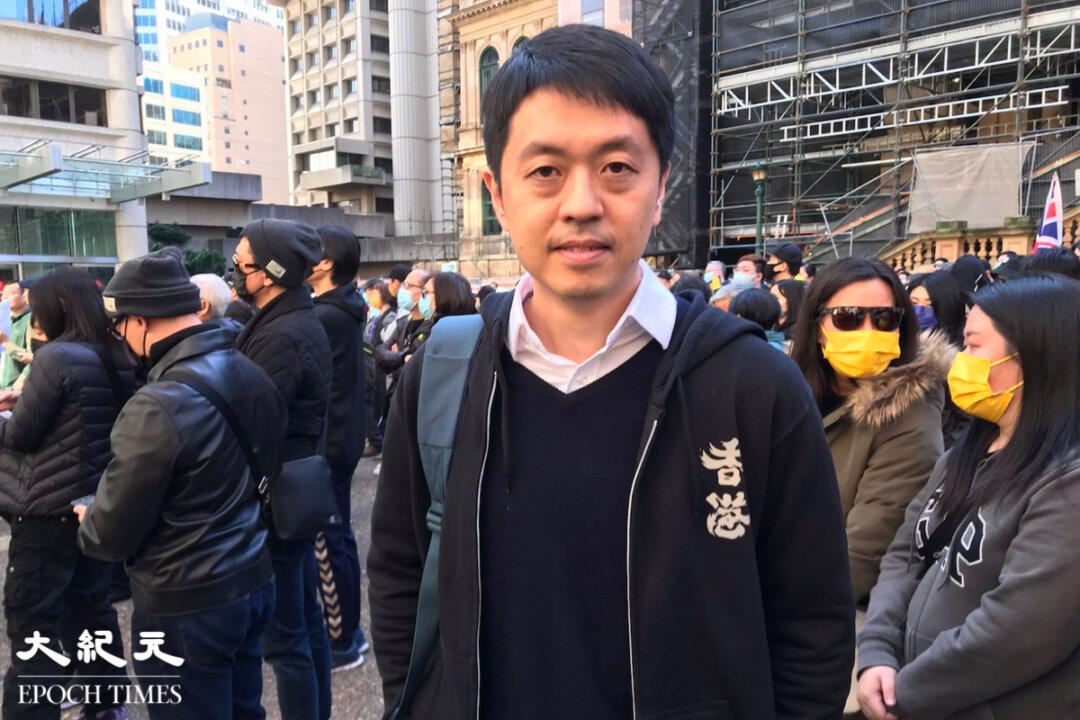The Hong Kong Breast Cancer Database of the Hong Kong Breast Cancer Foundation shows that the 10-year survival rate of Chinese breast cancer patients was 87.7 percent. While the 10-year survival rate of patients with the early diagnosis was almost 90 percent, the rate dropped to less than 30 percent with stage 4 cancer.
The Foundation published its 14th Annual Study on Sep 28.




